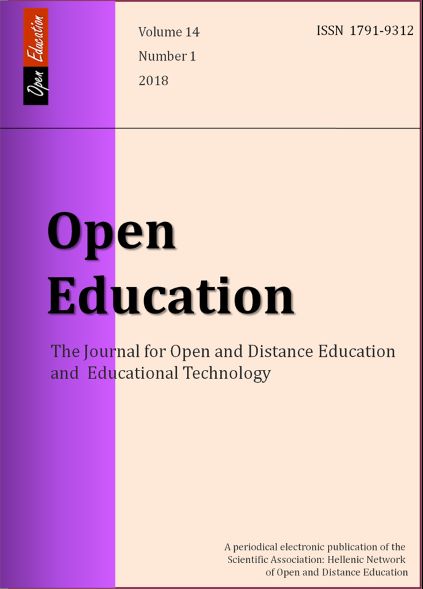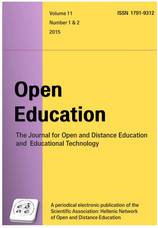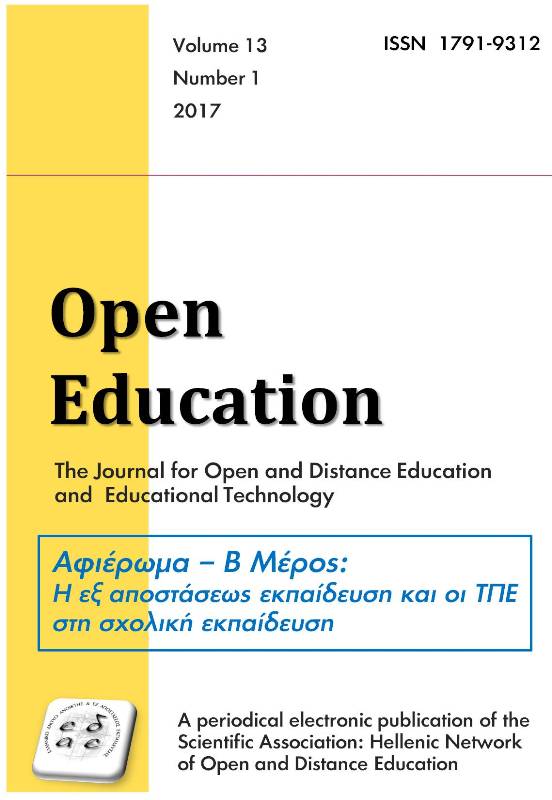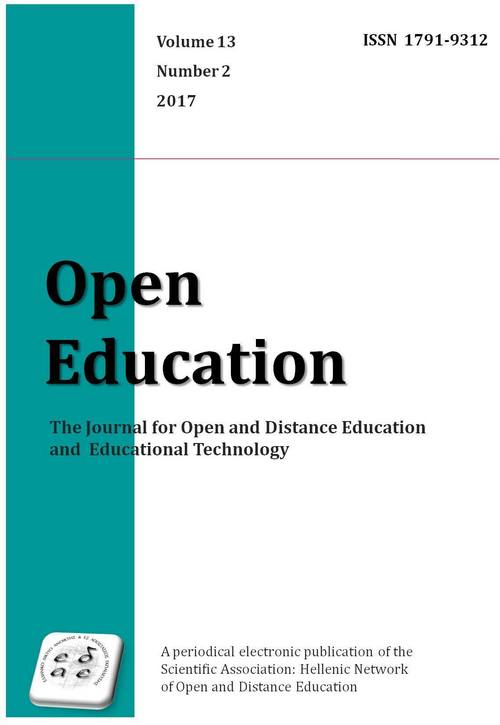Έρευνα για την αναγκαιότητα δημιουργίας ενός Πληροφοριακού Συστήματος καταγραφής εξοπλισμού Εργαστηριακού Κέντρου

Περίληψη
Η εργασία αυτή αφορά τη διερεύνηση της αναγκαιότητας δημιουργίας ενός καινοτόμου Πληροφοριακού Συστήματος Διοίκησης Εργαστηριακού Κέντρου που να αφορά τη διαδικασία απογραφής και διαγραφής υλικών και εξοπλισμού των εργαστηριακών υποδομών του Κέντρου. Τα Εργαστηριακά Κέντρα (ΕΚ) διαχειρίζονται εκπαιδευτικό προσωπικό, μαθητές των Επαγγελματικών Λυκείων και ένα τεράστιο εξοπλισμό κατανεμημένο στα εργαστήρια κατεύθυνσης ειδικοτήτων που έχει στην κατοχή του το Κέντρο. Η ανάγκη διερεύνησης της δημιουργίας ενός δομημένου Πληροφοριακού Συστήματος προσαρμοσμένου στις απαιτήσεις ενός Εργαστηριακού Κέντρου προκύπτει από την έλλειψη οποιουδήποτε τέτοιου συστήματος από την υπάρχουσα διοικητική δομή των Εργαστηριακών Κέντρων της χώρας, με αποτέλεσμα την χειρόγραφη ή και μερικώς ηλεκτρονική μέχρι σήμερα απογραφή και διαγραφή των υλικών και του εξοπλισμού με διαφορετικούς από ΕΚ σε ΕΚ τρόπους.
Λεπτομέρειες άρθρου
- Πώς να δημιουργήσετε Αναφορές
-
- Τεύχος
- Τόμ. 14 Αρ. 1 (2018)
- Ενότητα
- Μέρος πρώτο / Section 1





